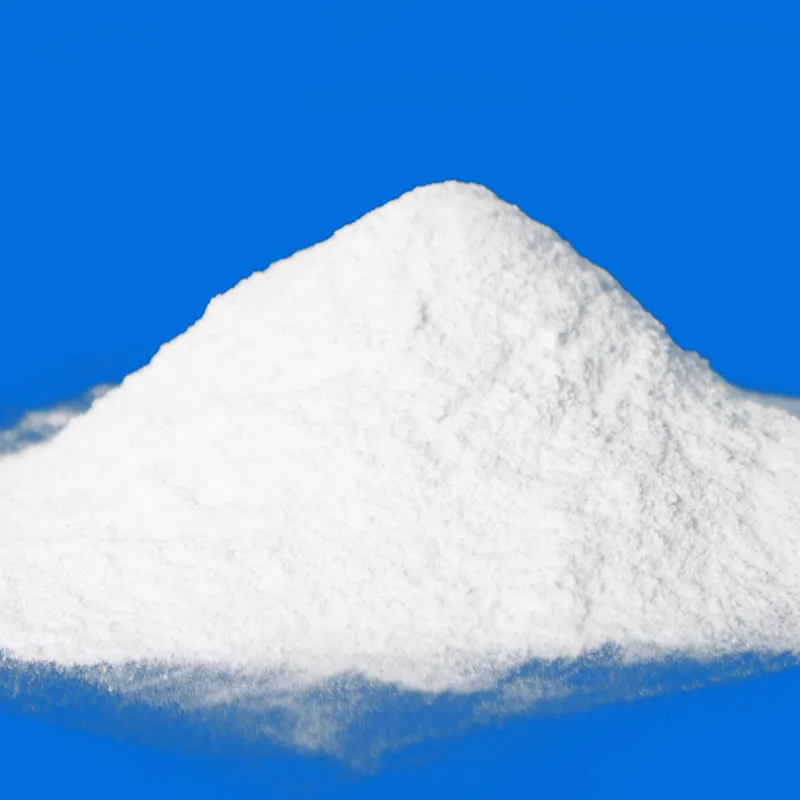
carcinogenic preservatives
Understanding Carcinogenic Preservatives Risks and Awareness
In today's world, the concept of food preservation is integral to our daily lives. From extending the shelf life of products to maintaining the quality of flavors, preservatives have become a staple in the food industry. However, as we delve deeper into the science of food preservation, a significant concern arises the presence of carcinogenic preservatives. This article aims to illuminate the risks associated with certain preservatives that may pose cancer threats and to foster awareness among consumers.
What Are Preservatives?
Preservatives are substances added to food products to prevent spoilage, maintain freshness, and inhibit the growth of harmful microorganisms. They can be classified into two categories natural and synthetic. Natural preservatives, such as vinegar and salt, are derived from nature, while synthetic preservatives are chemically manufactured. While many preservatives are safe for consumption, certain additives have raised red flags in terms of long-term health effects, particularly concerning their potential carcinogenic properties.
Carcinogenic Preservatives The Concern
The term carcinogenic refers to any substance that is capable of causing cancer in living tissue. Various studies have identified specific preservatives that are categorized as potential or known carcinogens. One of the most common offenders is sodium nitrate, widely used in processed meats like bacon and hot dogs. When cooked at high temperatures, sodium nitrate can convert into nitrosamines, compounds that have been linked to colorectal and stomach cancers.
Another common preservative is sodium benzoate, often found in soft drinks and acidic foods. While sodium benzoate itself is generally considered safe at low concentrations, it can react with ascorbic acid (vitamin C) to form benzene, a known carcinogen. Additionally, propyl gallate, used to prevent fat oxidation in processed foods, has raised concerns due to its potential to cause cancer in laboratory studies.
Regulatory Oversight and Consumer Awareness
The use of preservatives is regulated by food safety authorities worldwide, including the U.S. Food and Drug Administration (FDA) and the European Food Safety Authority (EFSA). These organizations evaluate substances for safety before allowing their use in food products. However, as scientific research evolves, the understanding of certain preservatives also changes.
Public awareness plays a critical role in navigating food safety. Consumers are becoming increasingly vigilant, often scrutinizing ingredient labels for harmful additives. The rise of the “clean eating” movement reflects a growing demand for transparency and cleaner food options. Many consumers now prefer products that use natural preservatives or no preservatives at all, opting for alternatives believed to be healthier and safer.
carcinogenic preservatives

Making Informed Choices
To mitigate the risks associated with carcinogenic preservatives, consumers can adopt several strategies
1. Read Labels Understanding food labels is crucial. Look for additives known for harmful effects and opt for products without them.
2. Choose Fresh Whenever possible, select fresh, whole foods instead of processed options, as they are less likely to contain harmful preservatives.
3. Stay Informed Keeping up to date with research on food additives can empower consumers to make better choices.
4. Support Local Buying from local producers or farmers' markets can often mean fewer preservatives since local food tends to be less processed.
5. Advocate for Change Supporting policies that promote safer food practices or clean labeling initiatives can encourage manufacturers to prioritize consumer health.
Conclusion
While preservatives play a vital role in food preservation, awareness of their potential risks is essential for informed consumption. By recognizing the dangers associated with certain carcinogenic preservatives, consumers can take proactive steps to protect their health. The push for transparency in food labeling and a focus on healthier alternatives will ultimately lead to a safer food supply for all. It is vital for consumers to not only understand the ingredients in their food but to also advocate for health-centered practices in the food industry. Through education and awareness, we can navigate our choices and work towards a healthier future.
-
Why Glacial Acetic Acid Food Grade Is Essential in FlavorNewsMay.26,2025
-
Surging Export Growth of Food Additives in ChinaNewsMay.26,2025
-
How Ammonium Nitrate Fertilizer Boosts Crop YieldsNewsMay.26,2025
-
How 1,2,3-Benzotriazole Shields Plastics from UV DegradationNewsMay.26,2025
-
Cyanide in Gold Mining: Protecting People and the PlanetNewsMay.26,2025
-
Aluminum Hydroxide in Modern Sunscreen FormulationsNewsMay.26,2025
-
Understanding Synthetic Rubber OptionsNewsApr.27,2025
Hebei Tenger Chemical Technology Co., Ltd. focuses on the chemical industry and is committed to the export service of chemical raw materials.
-

view more DiethanolisopropanolamineIn the ever-growing field of chemical solutions, diethanolisopropanolamine (DEIPA) stands out as a versatile and important compound. Due to its unique chemical structure and properties, DEIPA is of interest to various industries including construction, personal care, and agriculture. -

view more TriisopropanolamineTriisopropanolamine (TIPA) alkanol amine substance, is a kind of alcohol amine compound with amino and alcohol hydroxyl, and because of its molecules contains both amino and hydroxyl. -

view more Tetramethyl Thiuram DisulfideTetramethyl thiuram disulfide, also known as TMTD, is a white to light-yellow powder with a distinct sulfur-like odor. It is soluble in organic solvents such as benzene, acetone, and ethyl acetate, making it highly versatile for use in different formulations. TMTD is known for its excellent vulcanization acceleration properties, which makes it a key ingredient in the production of rubber products. Additionally, it acts as an effective fungicide and bactericide, making it valuable in agricultural applications. Its high purity and stability ensure consistent performance, making it a preferred choice for manufacturers across various industries.











